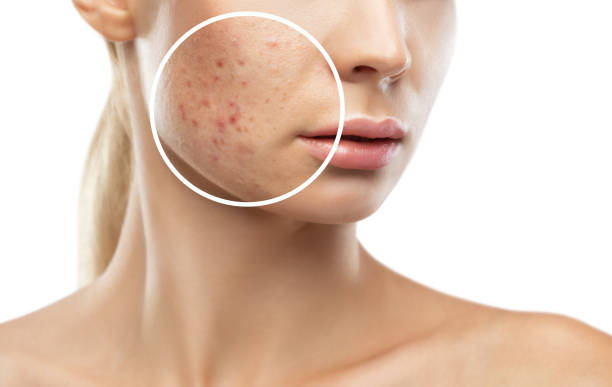Acne scars can be frustrating reminders of past breakouts, and finding the right solution can feel overwhelming. Fortunately, Acne Scar Treatments in Dubai have advanced significantly, offering safe and effective options that deliver real results. Whether you’re dealing with stubborn marks or uneven texture, the key lies in understanding what causes acne scars, exploring the safest treatment methods, and knowing how to care for your skin during the healing process.
Understanding Acne Scars: Why Do They Form?
Acne scars develop when inflamed blemishes damage the skin’s deeper layers. As the skin attempts to repair itself, it sometimes produces too much or too little collagen, resulting in raised or depressed scars. Common types of acne scars include:
Atrophic scars – shallow indentations that heal below the surface of the skin.
Hypertrophic scars – raised bumps caused by excess collagen production.
Post-inflammatory hyperpigmentation – dark spots that appear after acne heals.
Each type of scar responds differently to treatment, which is why identifying your scar type is the first step toward achieving smoother, clearer skin.

The Safest and Most Effective Ways to Fade Acne Scars
When it comes to fading acne scars, safety and gradual improvement should always be priorities. Harsh methods can damage the skin barrier and worsen discoloration. Instead, opt for treatments that promote natural skin renewal.
1. Laser Therapy
Laser treatments target damaged skin cells and stimulate collagen production beneath the surface. Fractional lasers, in particular, are known for their ability to smooth out uneven skin without causing significant downtime. The procedure works by creating tiny micro-injuries that trigger the skin’s healing response, leading to fresher, more even-toned skin over time.
2. Microneedling
Microneedling is a minimally invasive treatment that uses fine needles to create controlled micro-injuries in the skin. These tiny punctures encourage new collagen formation, improving the skin’s texture and reducing the appearance of acne scars. When combined with growth serums or platelet-rich plasma (PRP), results can be enhanced safely.
3. Chemical Peels
Chemical peels use exfoliating acids like glycolic, lactic, or salicylic acid to remove damaged outer layers of skin. This helps to fade discoloration and promote smoother texture. Mild to moderate peels are generally safe for most skin types when performed by experienced skincare professionals.
4. Dermabrasion and Microdermabrasion
Dermabrasion involves removing the top layer of skin using a rotating instrument. While more aggressive than other options, it can be effective for deeper scars. Microdermabrasion, on the other hand, is a gentler version suitable for surface-level marks and dullness.
5. Topical Treatments and Serums
For those looking for non-invasive solutions, topical products containing ingredients like retinoids, vitamin C, niacinamide, and alpha hydroxy acids (AHAs) can help fade discoloration and promote cell turnover. Consistent use is key — results typically appear after several weeks of regular application.
How to Maintain Results and Prevent Future Scarring
Once your acne scars begin to fade, maintaining your progress is essential. Protecting your skin barrier and avoiding new breakouts will ensure long-term improvement.
Here are a few key habits to maintain clear and even skin:
Use sunscreen daily – UV exposure can darken scars and slow healing.
Avoid picking or squeezing acne – this can cause deeper scars.
Follow a gentle skincare routine – harsh scrubs or alcohol-based products can irritate sensitive skin.
Stay hydrated and eat a balanced diet – internal health reflects on your skin’s surface.
With patience, consistent care, and the right professional guidance, you can achieve visible improvements safely.
Why Safety Should Always Come First
It’s tempting to look for quick fixes, but safety should always be your top priority when treating acne scars. Using unverified home remedies or strong chemicals without supervision can worsen the problem. Always consult a qualified skincare expert to assess your skin type, scar severity, and the best-suited treatment plan.
Whether you choose laser sessions, microneedling, or gentle chemical exfoliation, gradual, consistent treatments are the safest route to clear and radiant skin.
Final Thoughts on Acne Scar Treatments
In conclusion, fading acne scars requires a balanced approach that combines advanced technology, safe methods, and consistent aftercare. With today’s modern Acne Scar Treatments Dubai, achieving smoother, more even-toned skin is not only possible but also safer than ever before. By choosing the right treatment, protecting your skin from the sun, and maintaining a proper skincare routine, you can confidently move toward clear, glowing skin — and finally leave acne scars in the past.
